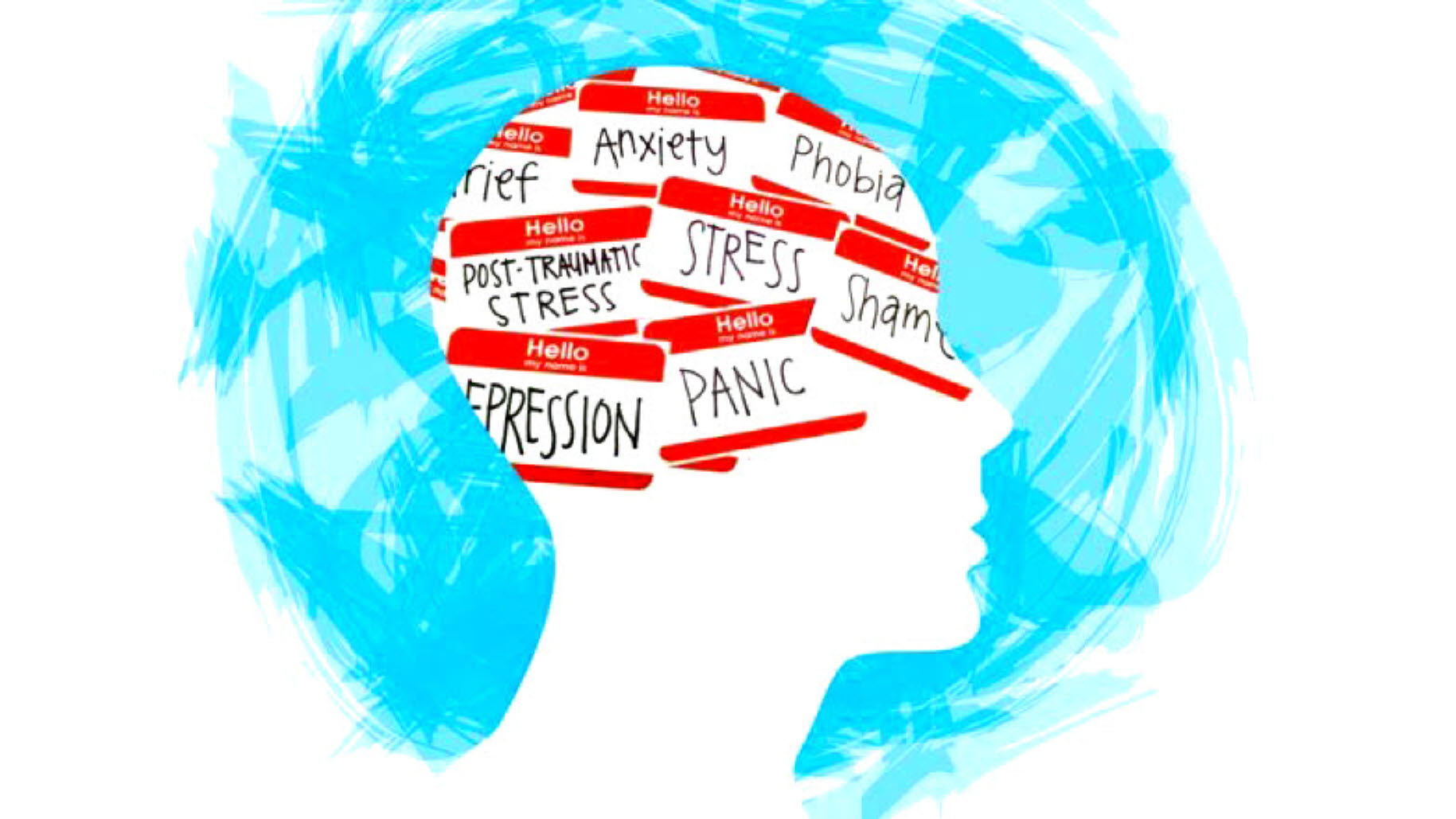
Kate Stevens
#Suicide is preventable and its warning signs and treatment options should be discussed openly without judgement in order to erase its #stigma and decrease the number of people who take their own lives.
That’s the message coming from Susan Tolle, a volunteer with the #AmericanFoundationforSuicidePrevention, who presented the warning signs and risk factors for #suicide Wednesday at the Mooresville #HighSchool Performing Arts Center. The presentation comes in the wake of the death of local #highschool #student Mario Nathan Lopez, 17, who died by #suicide Nov. 10.
Tolle, a former member of AFSP’s North Carolina Board of Directors, shared her own daughter has tried to take her life three times. “I will live the rest of my life wondering if she will make four,” Tolle told the audience gathered for the presentation titled “Talk Saves Lives.”
Globally, 703,000 people die by #suicide each year, according to statistics released in September by the #WorldHealthOrganization, Tolle said, noting that number is probably much higher as many suicides are reported as accidental.
In the #UnitedStates, #suicide is the 10th leading cause of death with #boys taking their lives nearly four times more than #girls and #girls attempting #suicide 1.3 times more than #boys, Tolle said. Recent statistics from March 2021 show #girls ages 13 and 14 went to hospital emergency rooms for #mentalhealthcrises 50 percent more than they had in the prior three years, she said, which could be due to #mentalhealthcrises resulting from the #COVID-19 #pandemic. For every #suicide, 25 others attempt #suicide, she said.
In talking about #suicideprevention, “It’s important we treat #suicide as a health issue,” Tolle said. Most suicides involve #depression, an illness that is just like heart disease or diabetes and treatable with medication and other treatment options, she said.
Talking about #suicide and raising awareness about it are ways to prevent it, she said. The shameful stigma of #suicide is one road block communities must get past, she said.
“That’s the hardest thing to overcome when we deal with #suicideprevention is getting around that #stigma,” Tolle said.
One way to do that is to not associate #suicide with insanity, use words like “committed #suicide” or discuss “successful or failed” attempts,” she said.
“We are using language that perpetuates the #stigma so let’s totally change our vocabulary,” Tolle said. Instead, use the phrases “died by #suicide,” “ended their lives” or “killed themselves,” she said.
There is no single cause of #suicide although there are several factors. Nine out of 10 people who die by #suicide have a #mentalhealthcondition, she said, but that doesn’t mean you will die by #suicide if you have a #mentalhealthcondition like #depression or #bipolardisorder.
“Just because you have a #mentalhealth condition, you don’t have a nail in your coffin,” Tolle said.
Those at risk for #suicide include those with #mentalhealthconditions, chronic pain or health issues; historical factors like a family history of #suicide or #mentalhealthconditions, childhood abuse, extreme loss, or previous #suicideattempts; and environmental factors like prolonged #stress, a stressful life event or access to means of dying, she said.
The most important thing you can do is put time between a suicidal person and their way of ending their life which will reduce the impulsivity of killing themselves. Tolle also suggested limiting access to the means of #suicide. That includes locking up firearms and medication or working with communities to put barriers on bridges, she said.
The warning signs of #suicide include talking about killing themselves, changes in moods, increased use of #alcohol or #drugs, issues with sleep, acting recklessly, withdrawing from activities, isolating from family and friends and giving away possessions, she said.
To help that person, reach out to them privately, she said. “You have to ask the question ‘Are you thinking about killing yourself? Are you thinking about harming yourself?’” Tolle said.
Listen to them without judgment or overreaction and tell them you are there to help. Do not leave them alone if they express suicidal thoughts, secure access to any lethal means and go with them to a medical appointment or hospital, she said. “Don’t trust them to go alone,” she said.
By attending presentations like this one and having open discussions about #suicide, “We can make our culture open to talking more about #suicideawareness,” Tolle said.
If you or someone you know is in crisis, call the #NationalSuicidePreventionLifeline at 1-800-273-TALK or text the word TALK to 741741.




